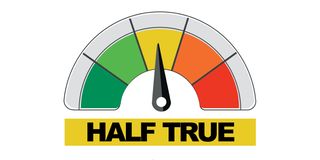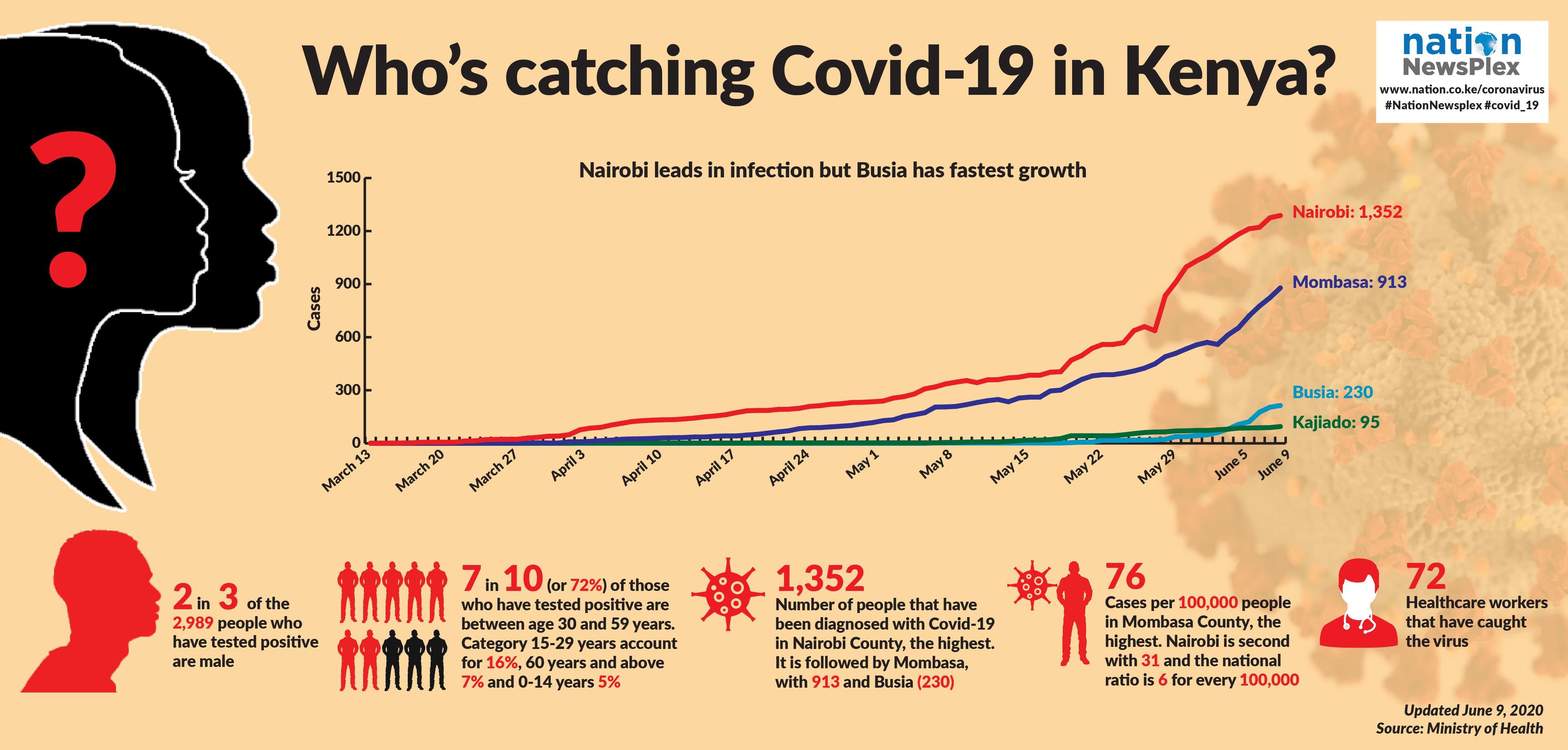Before you vote: The truth about milk prices
Workers at Endarasha dairy cooperative pour milk into a collector for cooling on November 22, 2016. PHOTO | JOSEPH KANYI | NATION MEDIA GROUP
“….They give farmers here Sh30 per litre. They take the milk to their industries… They make cheese…butter, they then add water and sell for Sh140 per litre….”- Nasa presidential candidate Raila Odinga at a rally Kapsabet on June 4 2017
Do milk processors underpay farmers?
Milk processors pay farmers on average about a third of the retail prices of pasteurized milk, reveals a Nation Newsplex review of dairy products prices.
The ratio paid to farmers is benchmarked against retail milk prices and does not consider what processors and retailers earn from other higher value added products such as cheese and butter.
According to the Kenya National Bureau of Statistics, the average milk prices paid to farmers in 2016 was Sh35 while the average retail price was slightly over Sh106. In 2015, farmers were on average paid Sh34 per litre of milk while the retail price was about Sh102 and in 2014 the price paid to farmers was Sh31 while the retail price was about Sh101.
In March 2017, Brookside Dairies which commands about 45 per cent of the dairy market, increased its raw milk buying price to Sh42. The price by the processor was the highest on offer, until the following month when New KCC, with a 20 per cent market share, upped its payment to farmers to Sh43 a litre from Sh35.
Previously, before December 2016, Brookside bought milk at Sh37 per litre and retailed it at Sh145, according to Business Dailyreports.
MODERN FARMING METHODS
The increase in prices paid out to farmers followed a slump in milk production and resulted in increases in retail prices. In May, the average price of half-litre packet of milk increased by 22 per cent to Sh66 from Sh54 in January, according to the consumer price Indices for May, 2017.
In some supermarkets and retail shops around the country the price peaked at Sh70 per half litre, before dairy processors announced they would cut their prices by Sh10 owing to increased milk production in June, as a result of the May rains and tax exemptions for imported milk powder.
This means that in certain places, a litre of packeted milk sold for up to Sh140 in May, and that the farmers getting the best deals got around a third of the retail price.
Farmers selling to traders and consumers receive better milk prices resulting in better average returns than those selling to processors and dairy cooperatives, a 2016 study by Egerton’s University Tegemeo Institute of Agricultural Policy and Development shows. The study also found that the cost of milk production per litre by farmers is high due to lack of use of modern farming methods.
Nairobi’s retail milk prices were found to be the second highest in Africa, only after the city of Bhisho in South Africa, according the 2016 Expatistan Cost of Living Index. While Mr Odinga’s claim that dairy farmers receive nearly a fifth of what the retailer receives is not borne out by the data it raises a pertinent issue over the returns dairy farmers receive.






